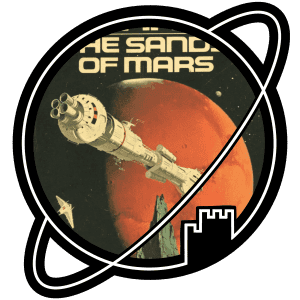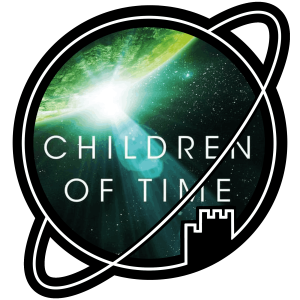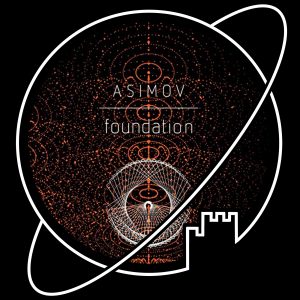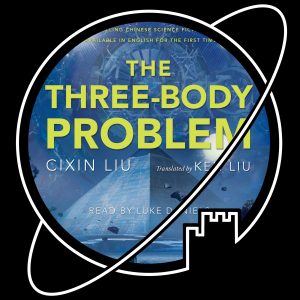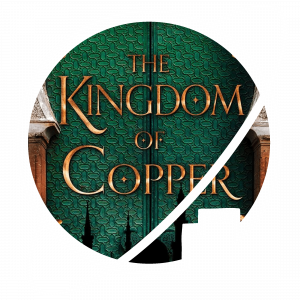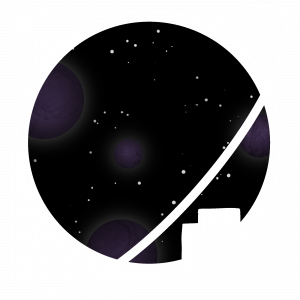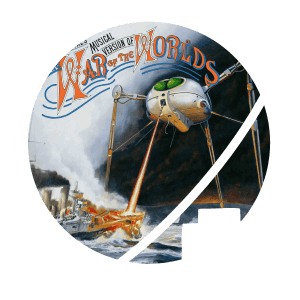- Novel written by Arthur C. Clarke
- Published in 1953
- Standalone
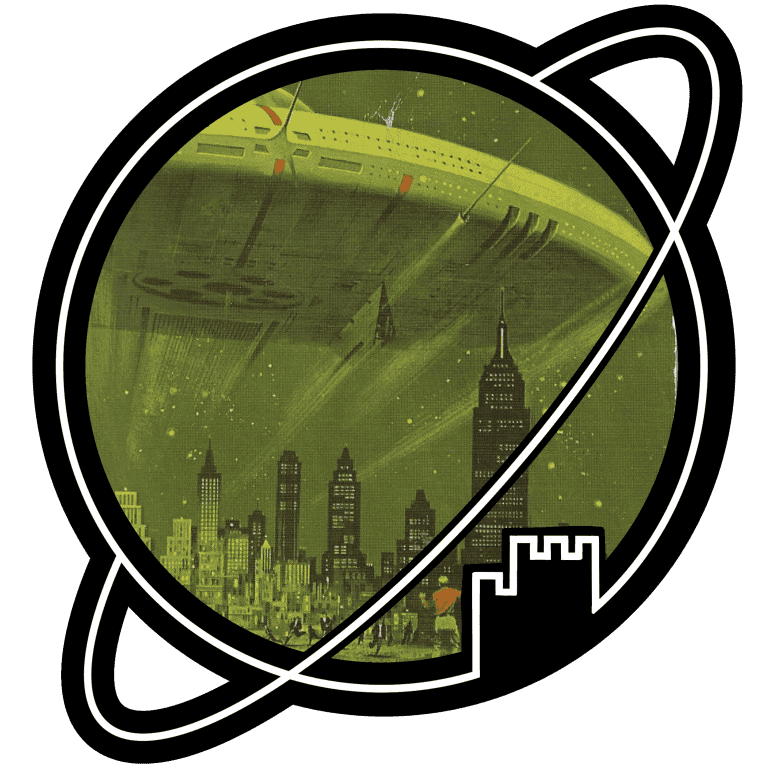

Listened to the audiobook with Greg Wagland – good narrator.
Borderline 2.5/3 star review.
When I set out to write this review, I had an idea in the back of my mind to comment on the difficulty of translating 1950’s science fiction, which was often serialised and published in magazines (see for example, Foundation), to the modern reader, who expects coherent novel-length stories.
You may imagine my surprise when I found out that Childhood’s End was (mostly) published as a single novel, with (most) of the discontinuities of the stories a feature rather than a bug.
Whether intended or not, I found Childhood’s End a rather disjointed novel. It contains several only superficially connected themes, plotlines and characters, each vying for the reader’s attention. As a result, I felt none of the themes, none of the plotlines and none of the characters got the attention they really deserved. I didn’t dislike any of them – each of the lines is individually interesting – but there was just not enough space to go around.
That is a pity, because the themes are good. I was particularly drawn in by the question of how humanity might change after first contact if the aliens stuck around to babysit us. Clarke’s vision – of vanishing ambition and disappearing artistic and intellectual merit – is very interesting, but I don’t feel like Clarke really delved into it. Childhood’s End presents the idea but never gets the emotional impact across because the novel is much to busy grappling with everything else it wants to show. That sense of missed opportunity was illustrative for the novel as a whole.
Admittedly, Childhood’s End is an ambitious and imaginative novel and I think Clarke deserves praise for trying to tackle a number of interesting themes. Still, I can’t shake the feeling Childhood’s End would have been better of as a three separate stand alone novels.
I want to add that Clarke was surprisingly accurate with several of his predictions, foreseeing the space race between the US and USSR (even though he misjudged the timing) and critiquing a society that was so flooded with entertainment that people had up to three (!) hours of screen time a day. These kinds of gems never fail to bring a smile to your face and these types of revelations alone make reading science fiction from the Golden Age worth it for me.
Whether Childhood’s End is worth your time depends on what you want from your novels – it is not a streamlined or thematically coherent novel that modern publishers would sell. If you want to read Clarke and that is what you’re looking for, The Sands of Mars is a much better fit. But Childhood’s End is brimming with interesting ideas. It is well-written and well enough paced that it never gets boring – and exactly because it would never see print in the 2020s, it might be fun to give it a shot.






